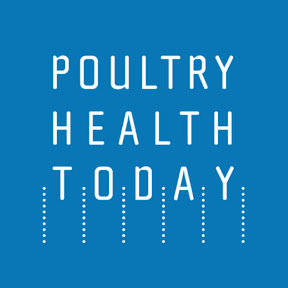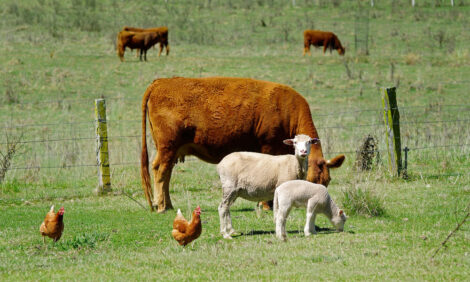



Prestage Farms veterinarian: Processing chain communication critical to identify health issues early, reduce turkey condemnations
Developing good relationships across the processing chain can be critical in helping to identify and overcome issues on farm and in the processing plant.Claude Hebron, DVM at Prestage Farms in North Carolina, said regular and open communication between veterinarians, plant managers and USDA inspectors is invaluable in helping identify health issues early and reducing the number of condemnations being made during processing.
Speaking to Poultry Health Today, Hebron explained how his own experiences of dealing with high numbers of turkey condemnations with Prestage Farms due to liver spots has shown him the importance of talking to all parties involved.
Determine the root cause
Motivated to get to the bottom of what was causing the condemnations back in 2016, Hebron said he spoke to producers, USDA inspectors and processing plant managers to see if he could identify a root cause.
With each party having different ideas about what was causing the problem - and with USDA inspectors’ identification of liver spots being so subjective - Hebron took a case history of more than 400 flocks over three years, sampling more than 100 random carcasses at a time to identify positive flocks.
“That was really the only way we could positively identify it, because we weren’t really finding spots in the field,” he said.
During tests, researchers also examined the turkeys’ stomachs, discovering that birds with liver spots also had worms, indicating to Hebron that they were dealing with an ascarid issue.
“We were using a lot of the same dewormer for a long time, and I think there was a little bit of a resistance issue,” Hebron said.
Solutions to decrease liver spots
To tackle the problem, turkey houses were cleaned regularly, and farms’ deworming programs were changed. And while liver spots were still being identified initially, producers were learning about deworming protocols and the importance of rotation, which brought long-term benefits.
Hebron said that now the problem has been properly identified and everyone across the chain is aware of what’s being dealt with, ‘the rules are different’ when it comes to condemnations.
“We understand that if there is an issue with the livers, they will get condemned, but nothing else will,” he said. “And that makes it a little better.
“But we’re always investigating, and if the spots start increasing, we look at our deworming program and maybe change it.”
Focus on communication, relationships
Going forward, Hebron said regular, constant communication is vital so solutions can be found much sooner — which could involve regularly attending official meetings or talking to plant management as often as possible.
“If there is any kind of problem, especially with condemnation, everyone really should sit down at the table and figure out exactly what everyone thinks is going on,” he added.












